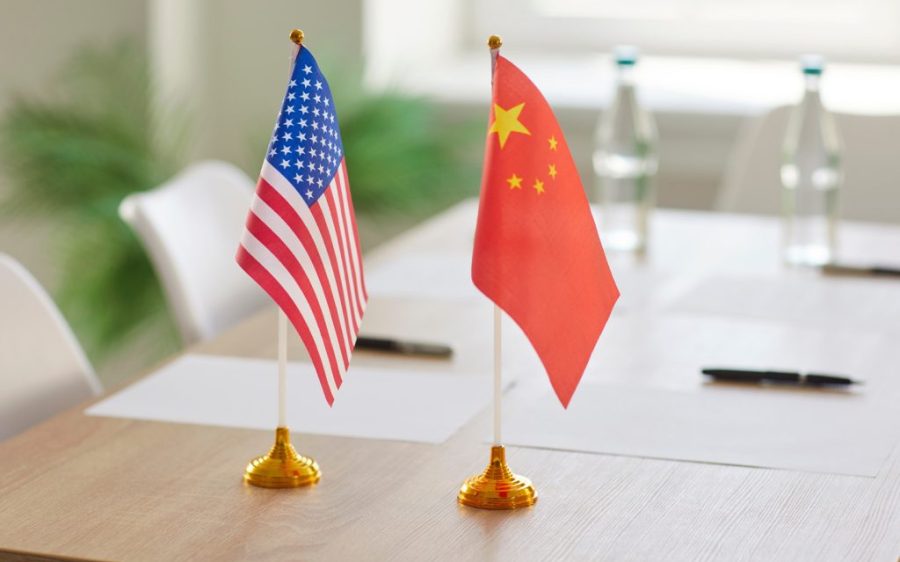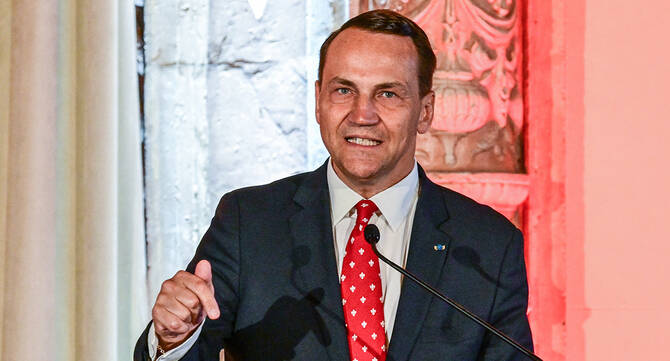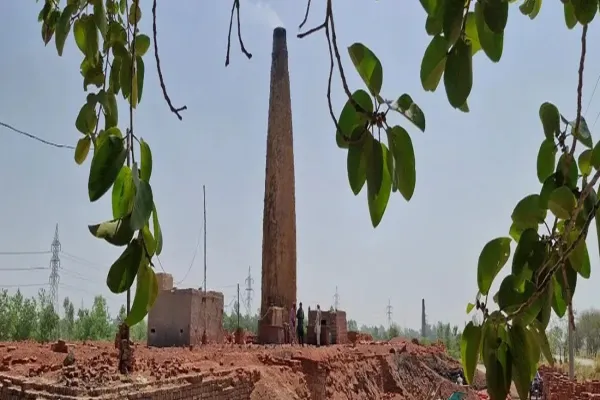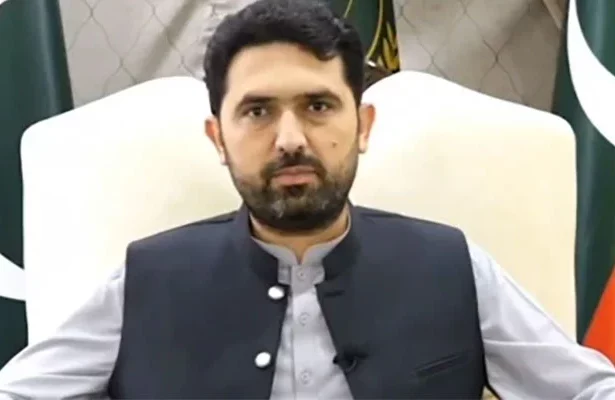President Asif Ali Zardari took the oath of Justice Doagar as an acting Chief Justice of Islamabad High Court. President Zardari to administer oath: Justice Sardar Muhammad Sarfraz Dogar will take oath as the acting Chief Justice of the Islamabad High Court (IHC) today (Thursday). Some IHC judges have raised concerns over his seniority. Despite …
Justice Dogar Named Acting CJ Amid Seniority Debate
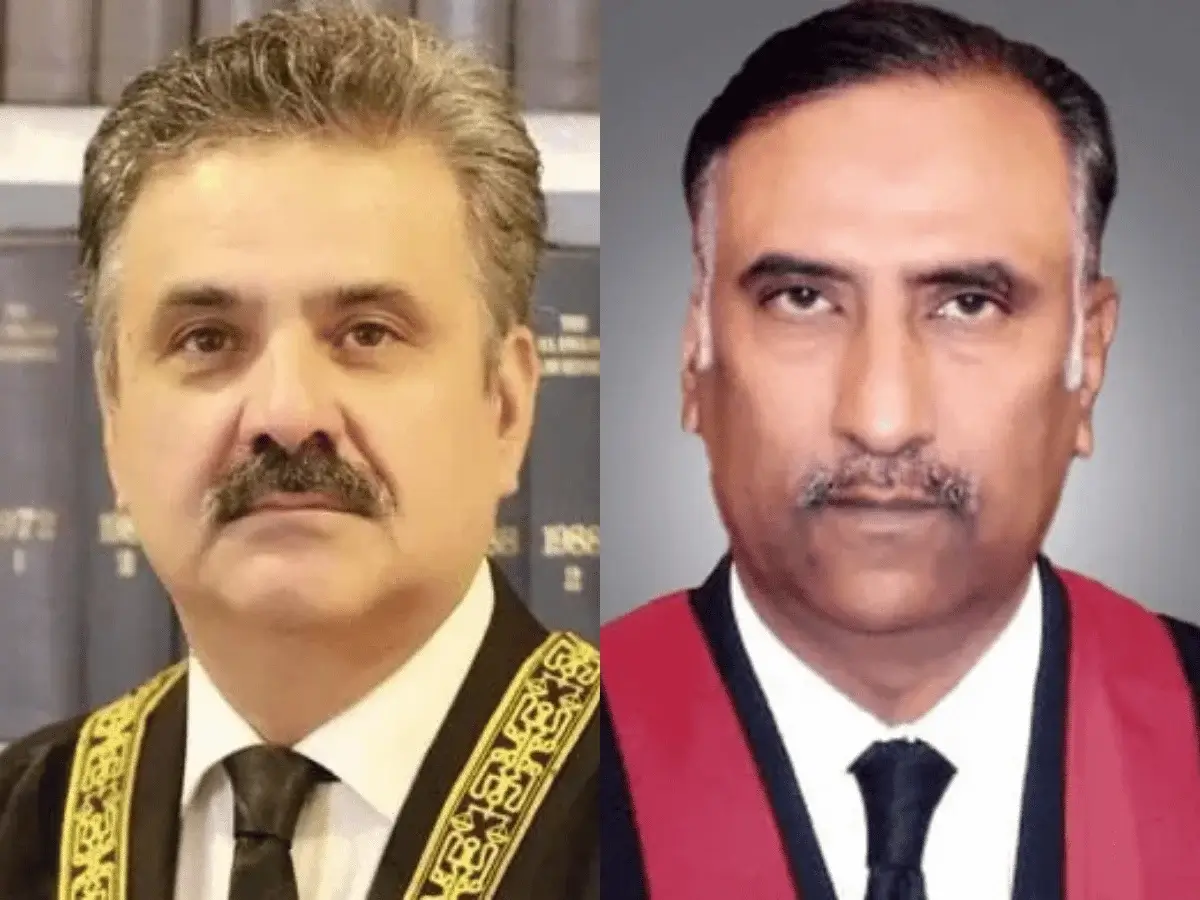
President Asif Ali Zardari took the oath of Justice Doagar as an acting Chief Justice of Islamabad High Court.
President Zardari to administer oath:
Justice Sardar Muhammad Sarfraz Dogar will take oath as the acting Chief Justice of the Islamabad High Court (IHC) today (Thursday). Some IHC judges have raised concerns over his seniority. Despite their concerns, the president will take the oath of Dogar. The Chief Justice of Pakistan (CJP) will also swear in newly elevated Supreme Court judges today.
Unusual oath-taking procedure:
Usually, a senior judge administers the oath to an acting chief justice of a high court. But this time, President Asif Ali Zardari will take the oath. It is speculated that because of the disagreement of the IHC judges with the transfer procedure and the appointment of Dogar as an acting Chief Justice of the IHC, they might have refused to administer the oath-taking ceremony. The same situation arose in June last year when the Punjab governor administered the oath to Justice Shujaat Ali Khan as acting Chief Justice of the Lahore High Court (LHC).
Notification issued:
The Ministry of Law and Justice issued an appointment notification of Justice Dogar as an acting Chief Justice of IHC on Wednesday night. However, his appointment is carried out under Article 196 of the constitution to resolve the seniority dispute.
Also Read: IHC Judges’ Seniority Dispute: Chief Justice Justifies Appointments
Moreover, the law ministry also appointed acting Chief Justices for three other high courts. The law ministry issued a notification to Justice Ejaz Swati to be appointed as acting Chief Justice in the Balochistan High Court, Justice Junaid Ghaffar in the Sindh High Court and Justice Attique Shah in the Peshawar High Court.
In addition, notifications to the seven more judges of the Apex Court are also issued.
Dogar’s appointment dismisses controversies:
The former Chief Justice Justice, Aamer Farooq, dismissed the representation put forward by the five IHC judges. He has made the way clear for Justice Dogar so he can serve his duty honestly. The representation, filed by Justices Mohsin Akhtar Kayani, Tariq Mehmood Jahangiri, Babar Sattar, Sardar Ejaz Ishaq Khan, and Saman Rafat, argued that these transfers affected their seniority unfairly.
Legal arguments on transfers:
Justice Farooq ruled that the transfers were constitutional. He cited Article 200. Farooq said that Article 200 of the constitution allows the president to transfer a high court judge with their consent and after consultation with the CJP and the concerned high courts’ chief justices. He also added that the transfer does not mean a new appointment. Judges do not need to take a new oath. That is why the seniority of the judges remains unchanged.
Supreme Court judges express concerns:
Four Supreme Court judges also questioned the transfer of judges. In a letter to Chief Justice of Pakistan Yahya Afridi, Justices Mansoor Ali Shah, Munib Akhtar, Ayesha Malik, and Athar Minallah described the transfers as “suspect” in the absence of an oath-taking ceremony.




